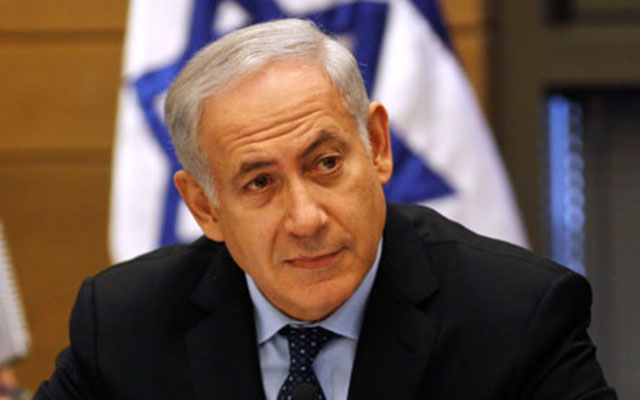Trump back to campaign in critical Florida region

Washington. — President Donald Trump was yesterday due to return to Central Florida, the same region where he kicked off his re-election campaign last year and one that political operatives say will prove critical this fall in the battleground state.
It will be the president’s first campaign event outside of Washington DC, since he announced his Covid-19 diagnosis 10 days ago.
Trump was due to speak to supporters in Sanford, just north of Orlando and situated in the centre of the “I-4 Corridor,” political slang for a stretch of Florida named for the interstate that extends from Tampa to Daytona and bisects a string of counties that often predict the state-wide vote.
“If Florida is the hinge for presidential elections, you could definitely make the case that the I-4 Corridor is the hinge for Florida and thus the hinge for the country,” Brett Doster, a long-time Republican consultant in the state, told ABC News.
The counties along the stretch have a variety of political identities.
Lake County, which Trump won by 23 points four years ago, neighbours Orange County, home to Orlando, which Hillary Clinton took by a similar margin.
There is Pinellas County, on the Gulf Coast, which has voted for the winner of each presidential general election since 2004, and Volusia, on the Atlantic, which has shifted to the right over the past decade after years of voting for Democratic presidential candidates.
Trump’s rally was in Seminole County, which has quietly turned purple after decades in Republican hands, thanks to Democrats’ voter registration efforts and an increase in high-density development that has drawn liberal-leaning voters. Although the county has not voted for a Democratic presidential nominee since Harry Truman in 1948, Democratic candidates have performed well there since 2016, including Andrew Gillum, who lost the race for governor in 2018 but won Seminole.
“Seminole County used to be Trump country, and it’s not anymore,” a Florida spokesperson for Vice President Joe Biden’s campaign told ABC News.
Compared to Florida overall, Seminole — like some of the surrounding counties — has a relatively high number of voters who are unaffiliated and may still be making up their minds more than two weeks after election officials began mailing out ballots.
“Traditionally, (the I-4 Corridor) is the Mecca of what you would call the swing voter-rich part of the state,” Kevin Cate, a veteran Democratic strategist, told ABC News.
These swing voters present an opportunity for Trump as he touched down in Florida trailing Biden in recent state-wide polling.
To reach them he needs to hammer home an economic message, says Joe Gruters, chairman of the Florida Republican Party.
“Everything’s about economics,” Gruters told ABC News. “That’s one of his strengths. He has made it clear that he wants to get the economy moving again.”
Gruters believes that Trump addressing the economy will play particularly well with Hispanic voters, large numbers of whom have moved to Central Florida since the 2016 election.
According to research by Pew, Hispanic voter registration between 2016 and 2018 grew faster than the statewide rate in several counties along the I-4 Corridor.
That spike correlates with an influx of people from Puerto Rico in 2018, the year after Hurricane Maria devastated the island. Data from the US Census Bureau indicates that nearly 45 000 Puerto Ricans arrived in Florida that year.
“Most people, no matter what demographic they’re a part of, want somebody who’s going to fight so you can bring more money home. The president has shown that he can deliver a stronger economy,” said Gruters.
“With the president’s popularity with Hispanics, (Central Florida) is an area where we think we can do extremely well.” — ABCNEWS.








Comments